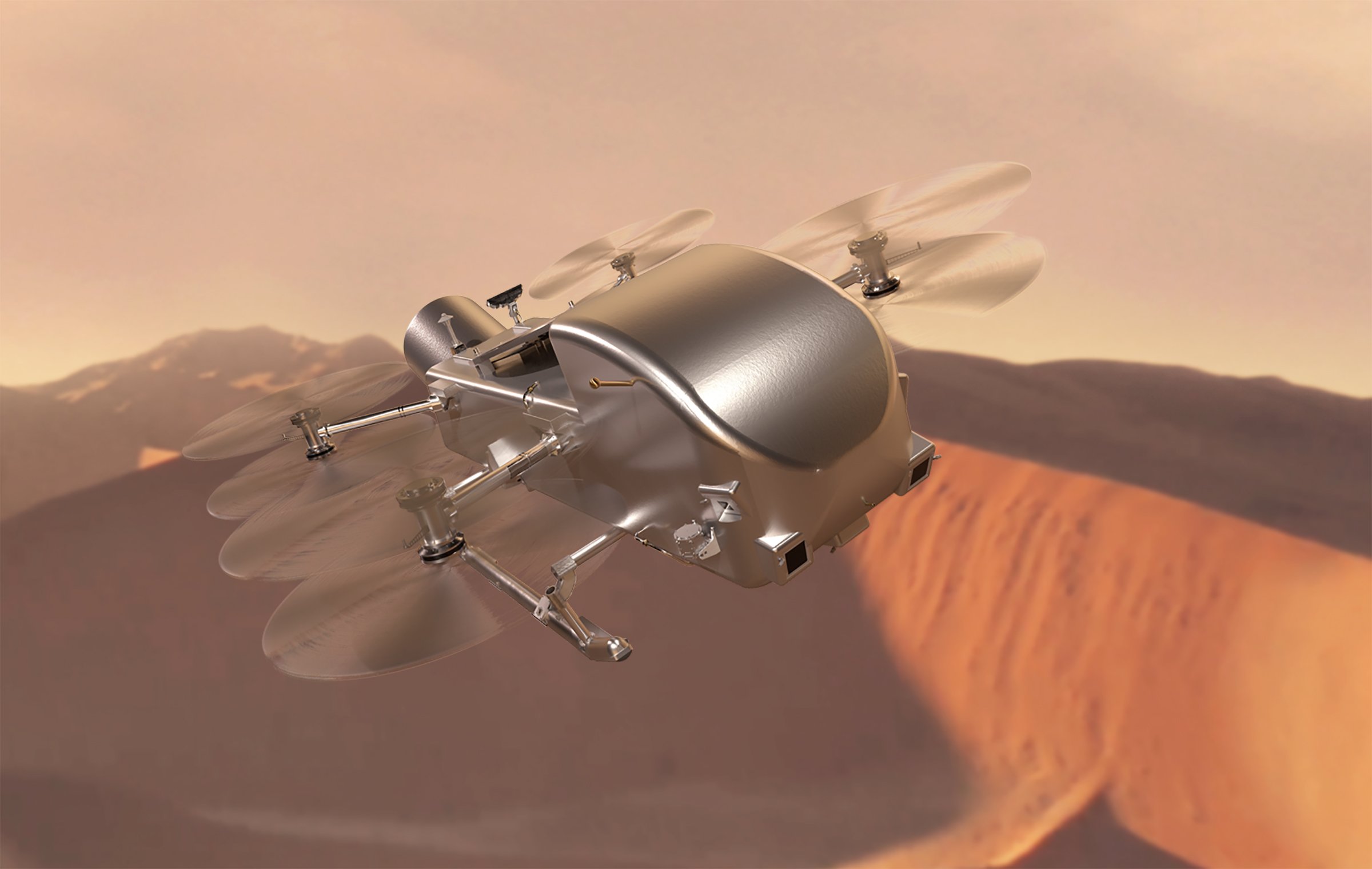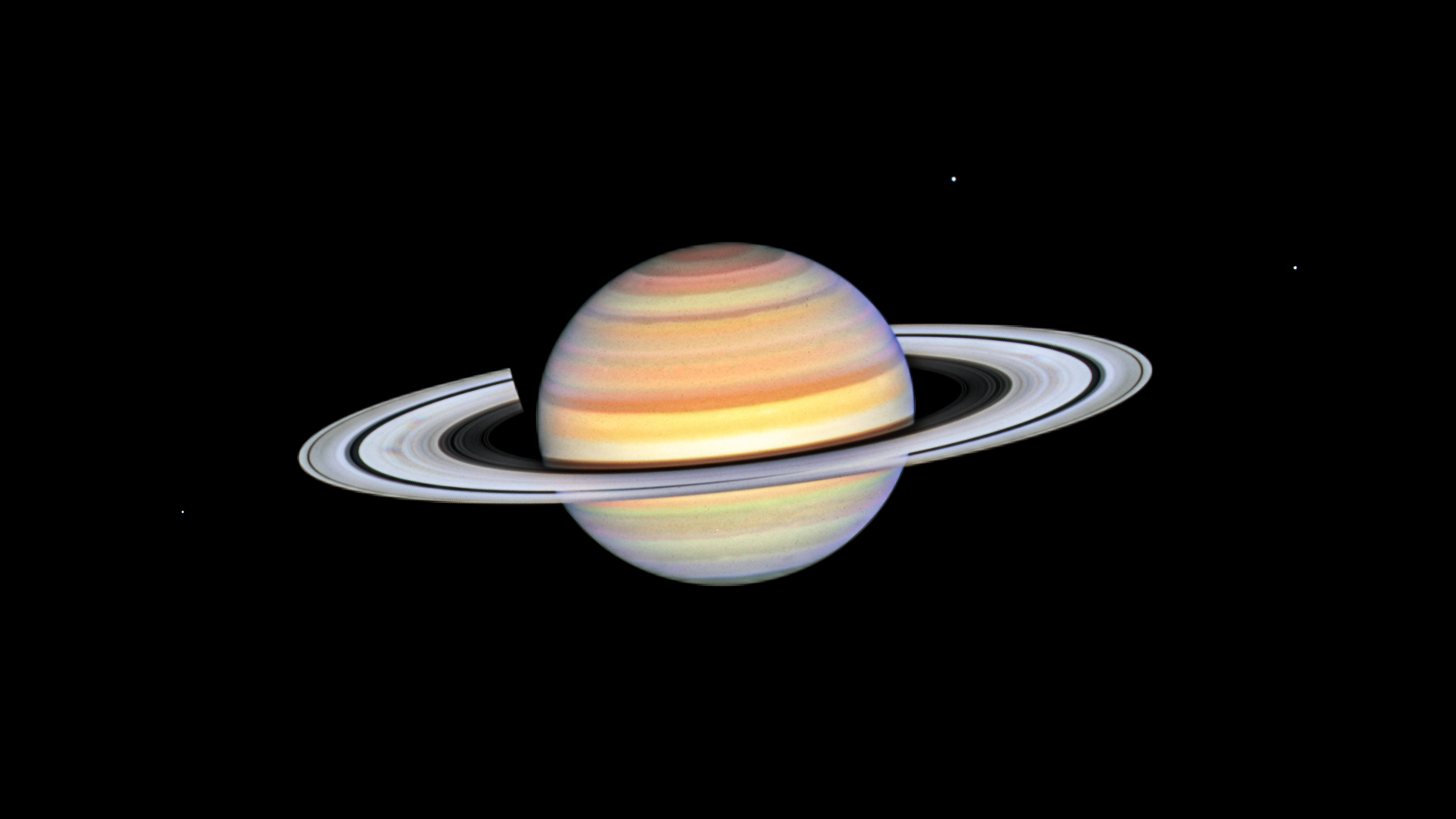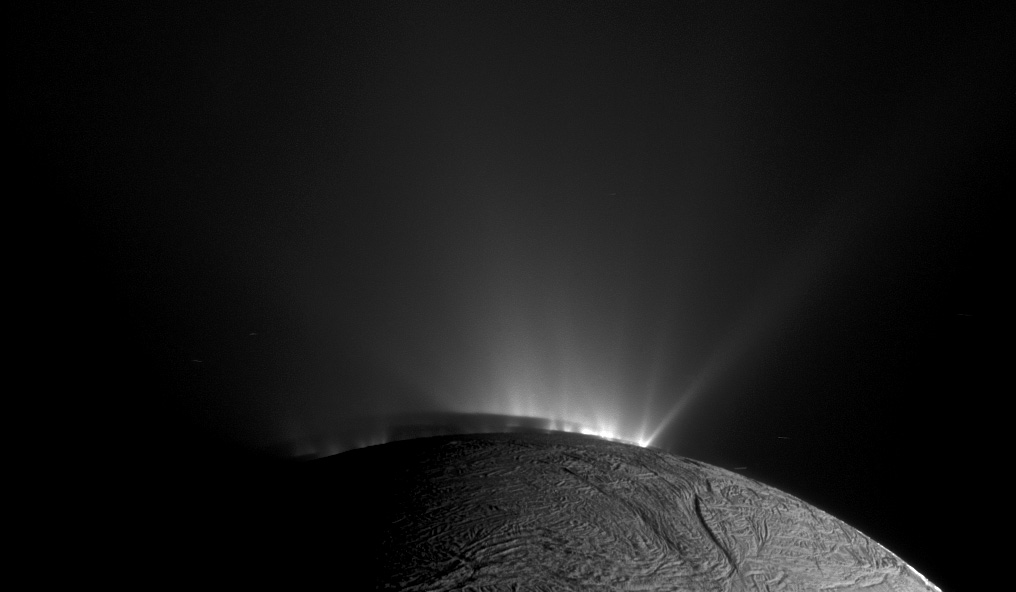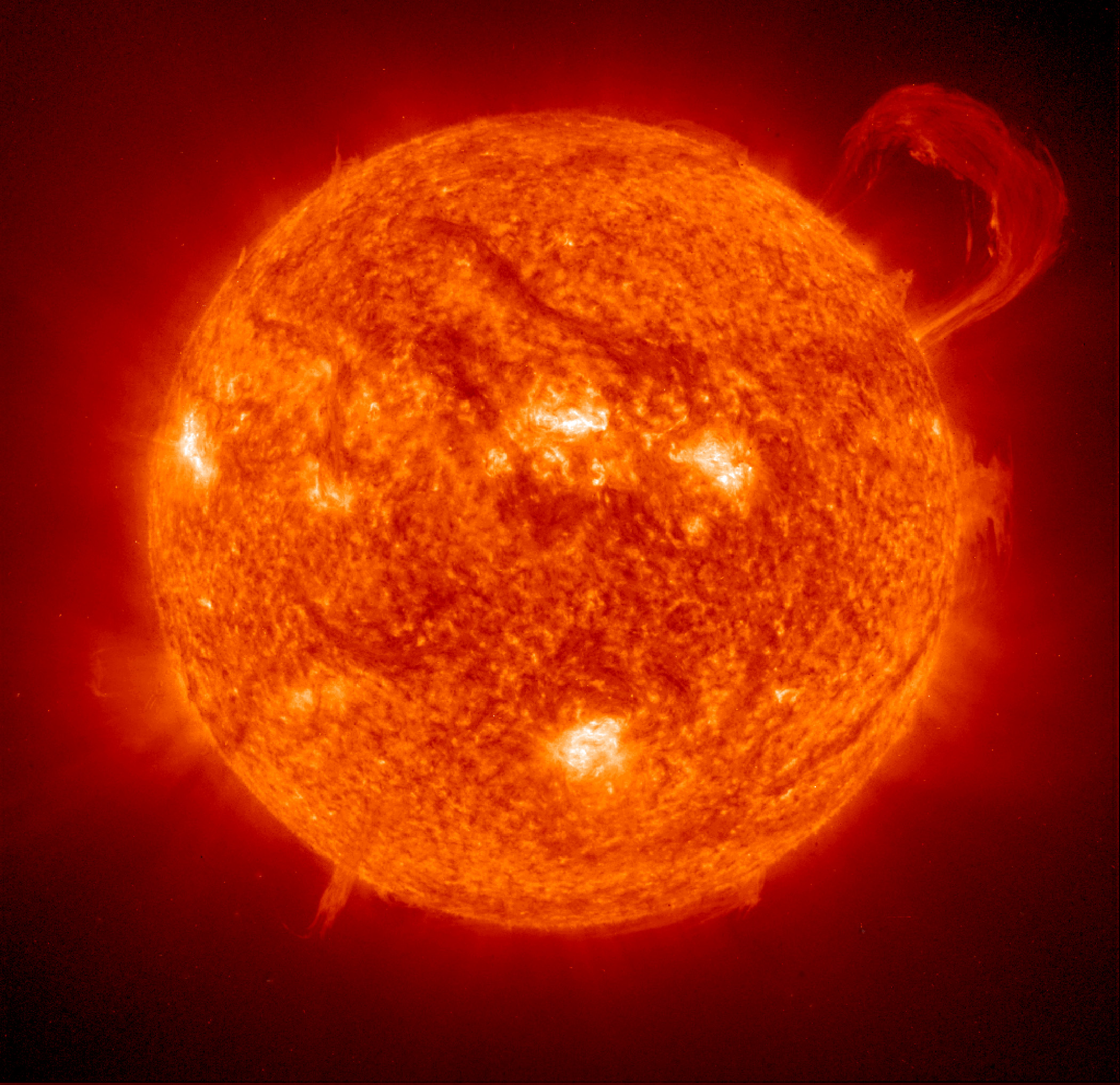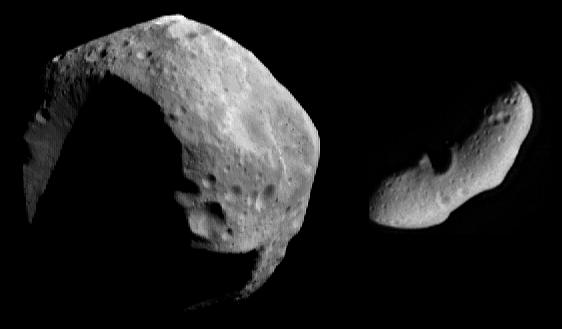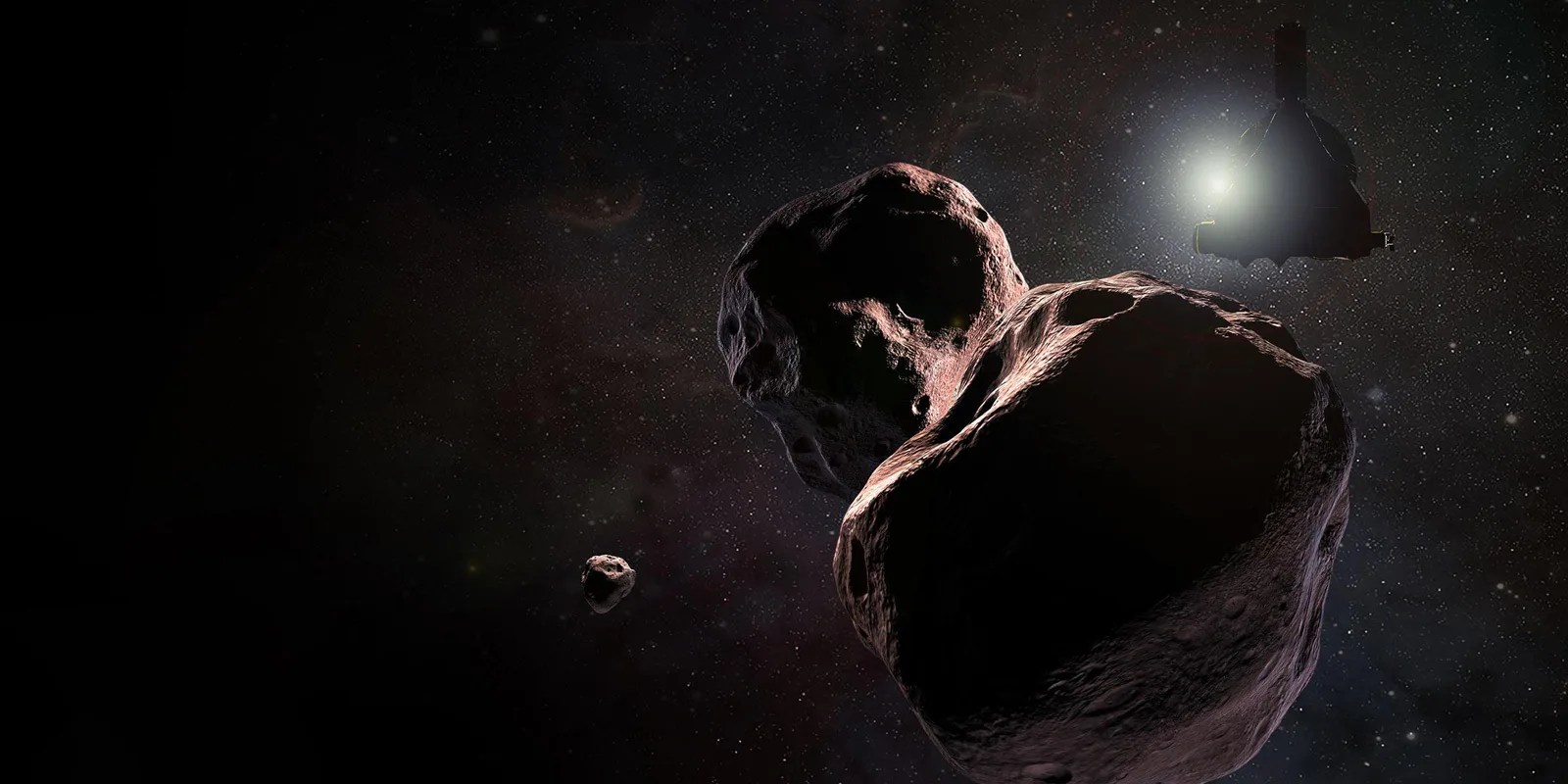4 min read
Cassini Significant Event Report
For Week Ending 06/04/04
The most recent spacecraft telemetry was acquired from the Canberra tracking station on Wednesday, June 2. The Cassini spacecraft is in an excellent state of health and is operating normally. Information on the present position and speed of the Cassini spacecraft may be found on the "Present Position" web page located at http://saturn.jpl.nasa.gov/operations/present-position.cfm .
This week's key activity was the successful execution of Trajectory Correction Maneuver #20 (TCM). This maneuver was particularly significant in that it used the propulsion system in exactly the same mode that it will be used for SOI. A "quick look" immediately after the maneuver showed the burn duration was 362 seconds, giving a delta-V of 34.7 meters per second. This was well within expected tolerances. The low gain antenna 2 (LGA-2) was used while the spacecraft was off Earth-point to provide a signal to the radio science receiver to track the spacecraft during the burn. This was a mini-dress rehearsal for Saturn Orbit Insertion (SOI) where the same technique will be used. The observed Doppler shift due to the burn was almost identical to the pre-burn predict. This was the first use of LGA-2 since prior to Earth flyby. An excellent article appeared on CBS News "SPACE PLACE" on May 27 detailing this maneuver and its significance to the Cassini Program. For more information please link to: http://www.spaceflightnow.com/cassini/040527burn.html
After execution of TCM-20 and a rest over the Memorial Day holiday, the Spacecraft Operations Office oversaw the uplink of the SOI Critical Sequence Load to the SSR. This load will control on board activities during the SOI period. The upload went nominally.
On-board instrument activities this week included calibration of the Radio and Plasma Wave Subsystem antenna in preparation for the Phoebe encounter on June 11. The Imaging Science Subsystem (ISS) observed a full rotation of Saturn in three methane and nearby continuum filters for cloud and haze sounding and visible polarizers for cloud and haze properties.
As part of sequence development for S02, Uplink Operations released the Final Sequence Integration and Validation SEG products for review and comment.
The kickoff meeting for the S04 Science Operations Plan Update process was held this week. A Science Adaptation Panel meeting was canceled since there were no significant changes to the DSN station requests.
A Tour Process meeting was held Wednesday to discuss a candidate trajectory that the Navigation Team developed last Friday. This trajectory solves many of the timing problems that exist in the science plan when using the reference trajectory that was released in May. An initial plan has been developed on how the science planning effort should proceed over the next couple of months.
In the last week, 1240 ISS images were obtained and were distributed along with 838 Visual and Infrared Mapping Spectrometer (VIMS) cubes. The total number of ISS images acquired since the start of Approach Science is now 8818, and the number of VIMS cubes is 2050.
Mission Planning released the Cassini Saturn arrival mission description document. This provides a high-level profile of arrival activities including Phoebe and SOI. The document is available on the Cassini internal web site.
Mission Sequence Subsystem delivered the Mac OS/ X and Linux client-server versions of the Pointing Design tool (PDT). These versions of PDT are functionally identical to the D10.3.1 version delivered for Solaris 9 in mid May.
During spring 2004, Saturn Observation Campaign members - 200 in the United States and 100 in other countries - conducted nearly 200 observing events featuring Saturn and Cassini.
JPL /Cassini Outreach has released a Cassini-Huygens Mission Status Report - May 28, 2004. The report covers TCM-20, the upcoming Phoebe fly by, Saturn Orbit Insertion in late June, and the release of the Huygens Probe. For more information please link to: http://www.jpl.nasa.gov
Cassini appeared in an article in Scientific American this month. For more information see their web site at: http://www.sciam.com/issue.cfm
Additional information about Cassini-Huygens is online at http://saturn.jpl.nasa.gov.
Cassini will begin orbiting Saturn on July 1, 2004, and release its piggybacked Huygens probe about six months later for descent through the thick atmosphere of the moon Titan. Cassini-Huygens is a cooperative mission of NASA, the European Space Agency and the Italian Space Agency. JPL, a division of the California Institute of Technology in Pasadena, manages the mission for NASA's Office of Space Science, Washington, D.C.
Media Relations Office
Jet Propulsion Laboratory
California Institute of
Technology
National Aeronautics and Space
Administration
Pasadena, Calif. 91109.
Telephone (818) 354-5011

